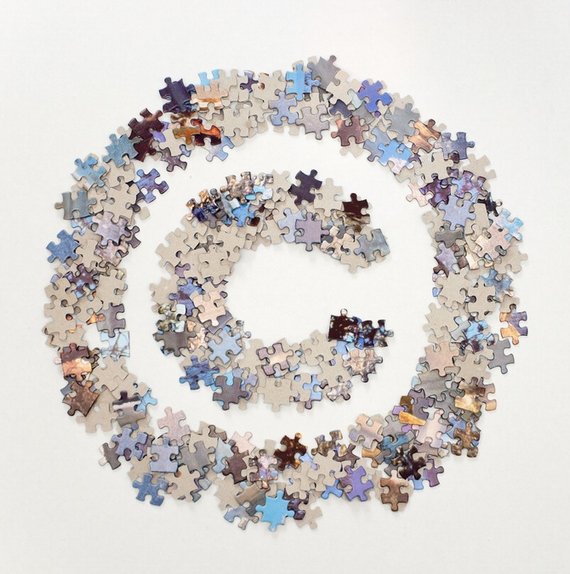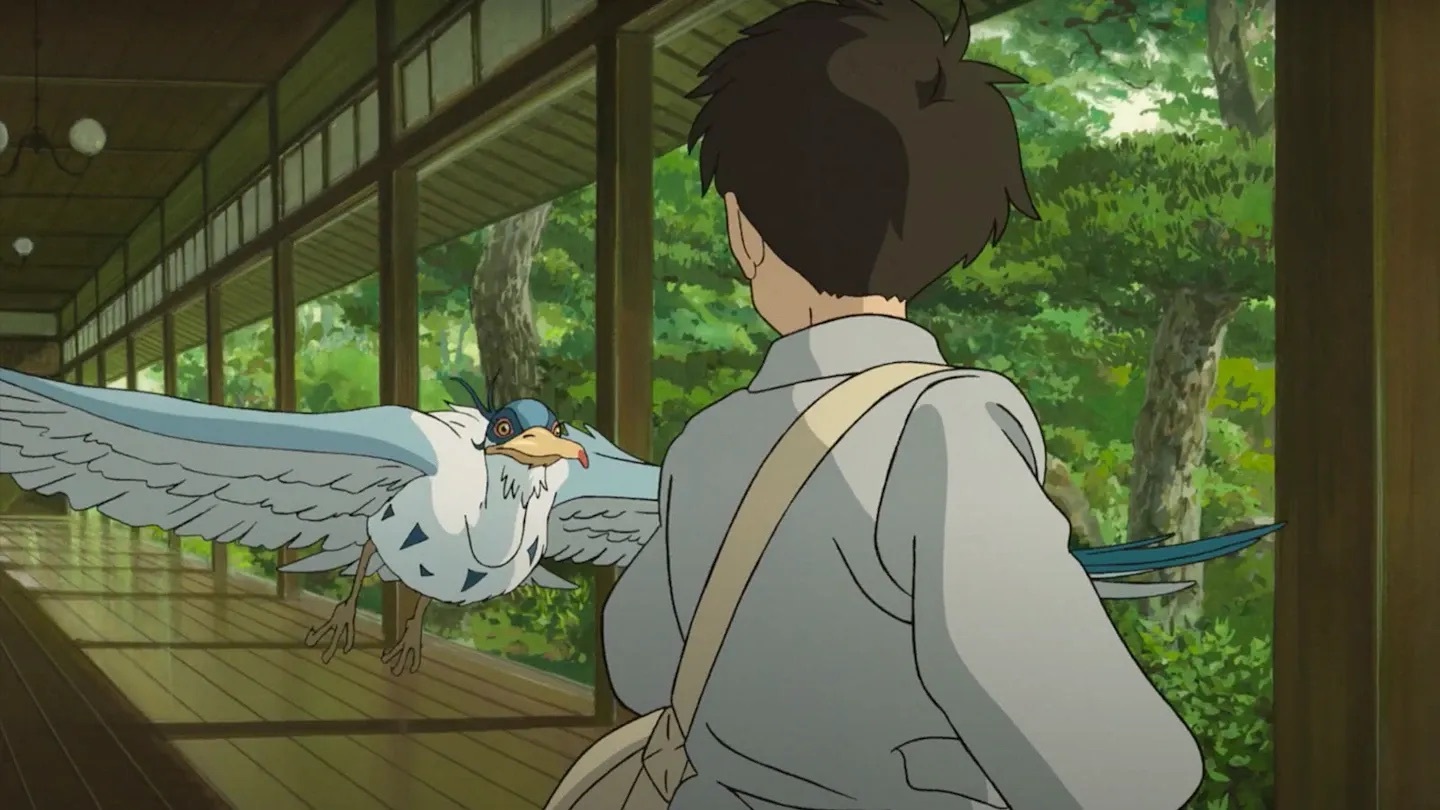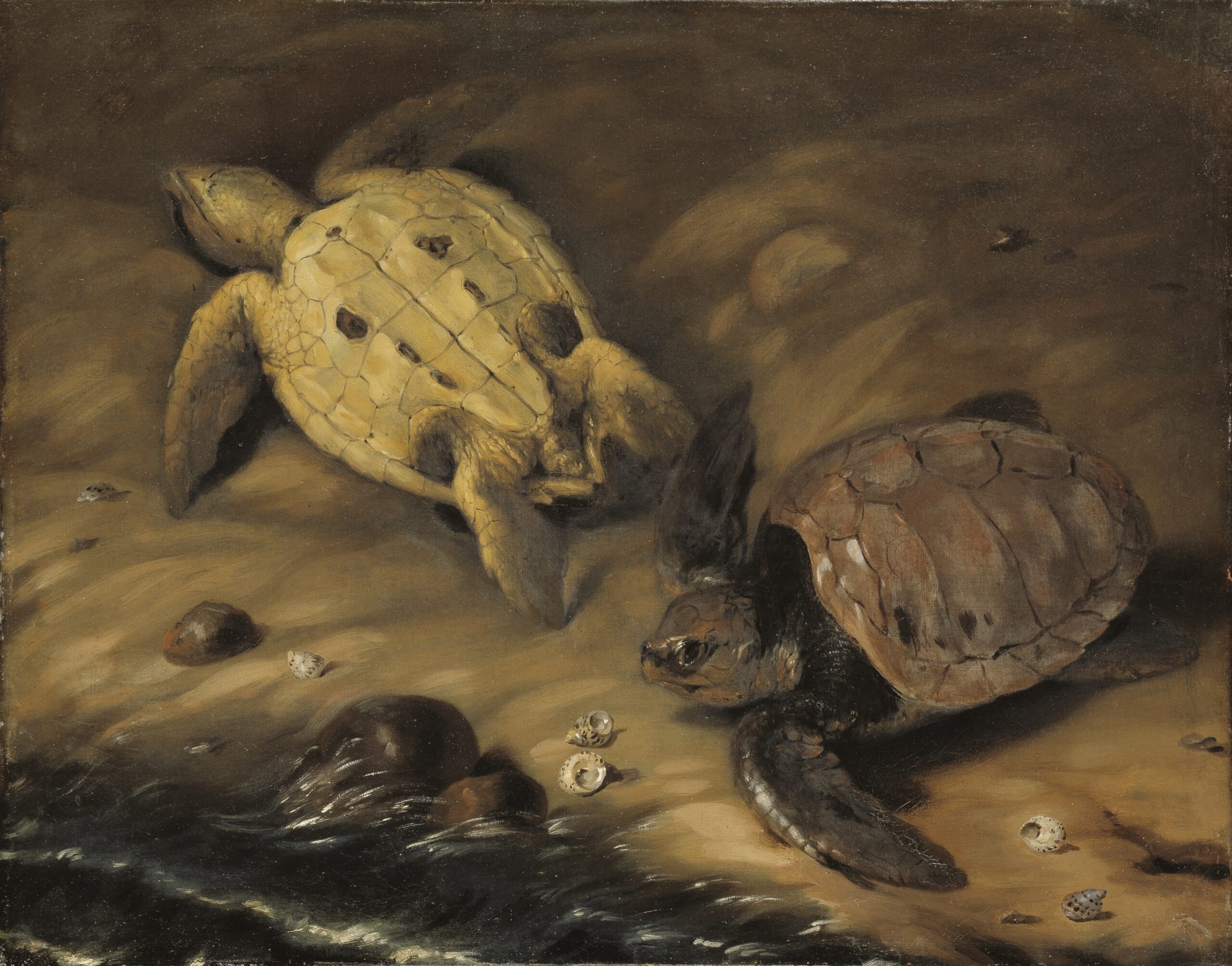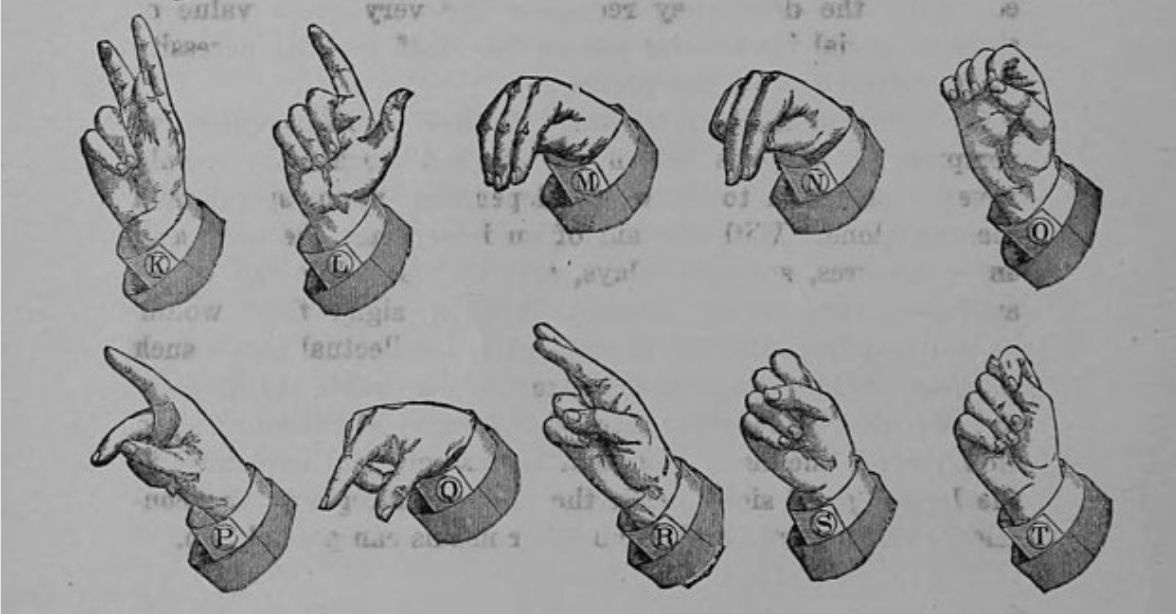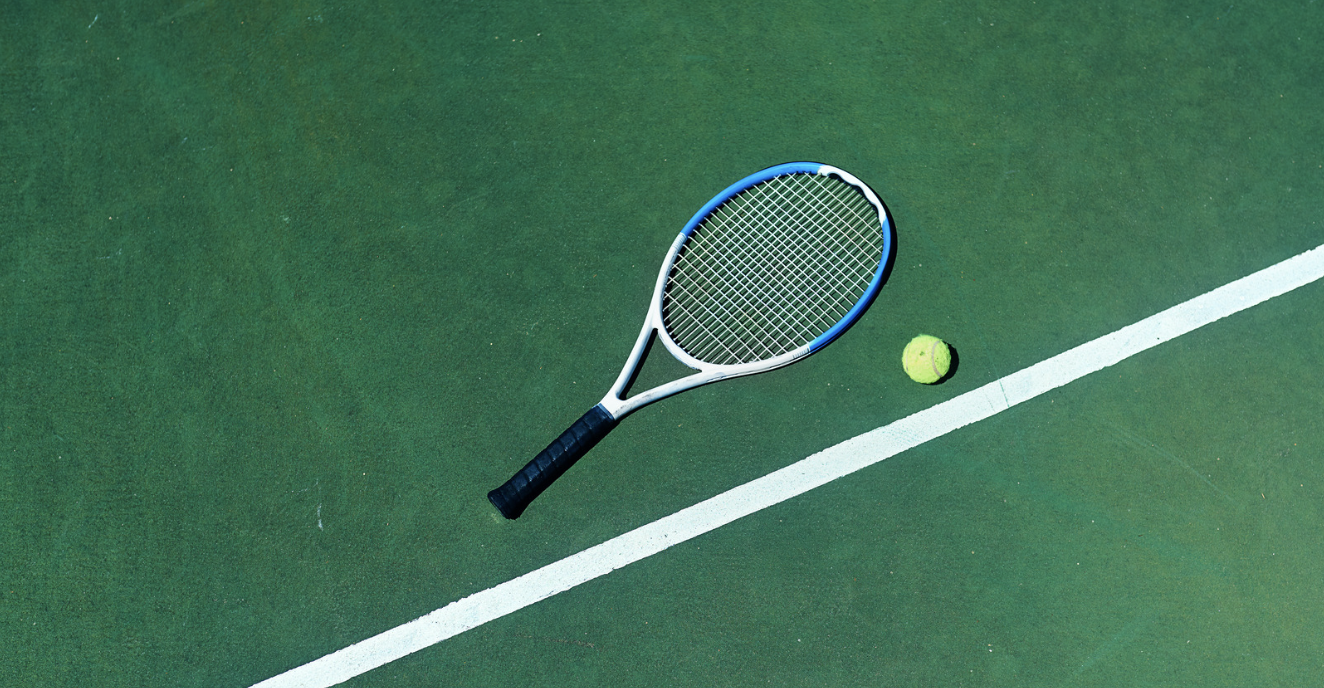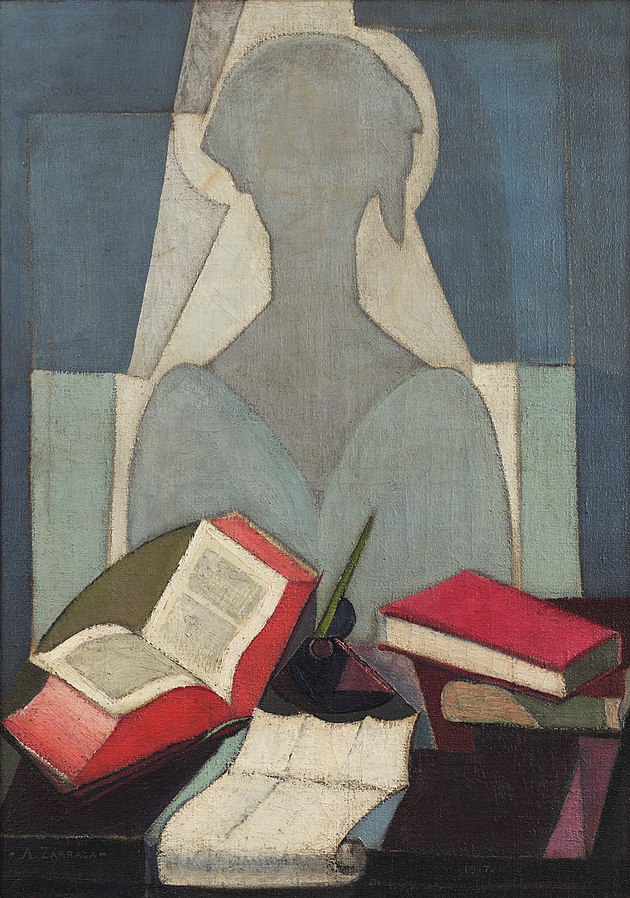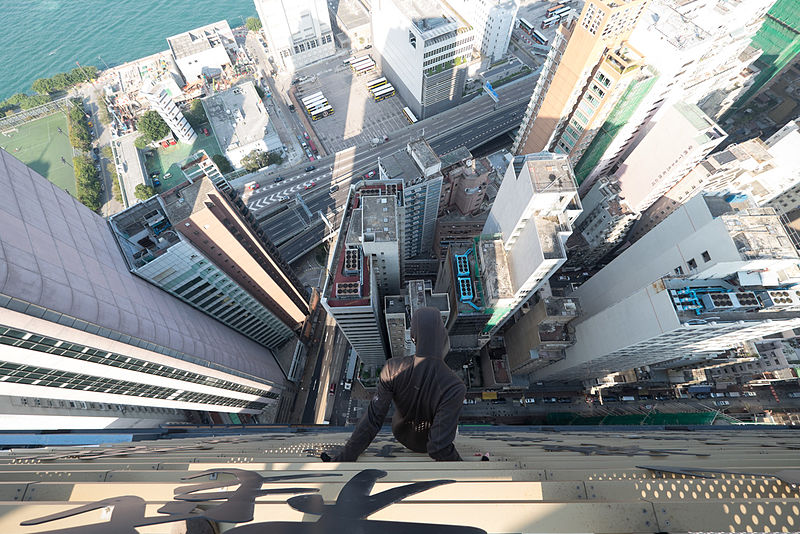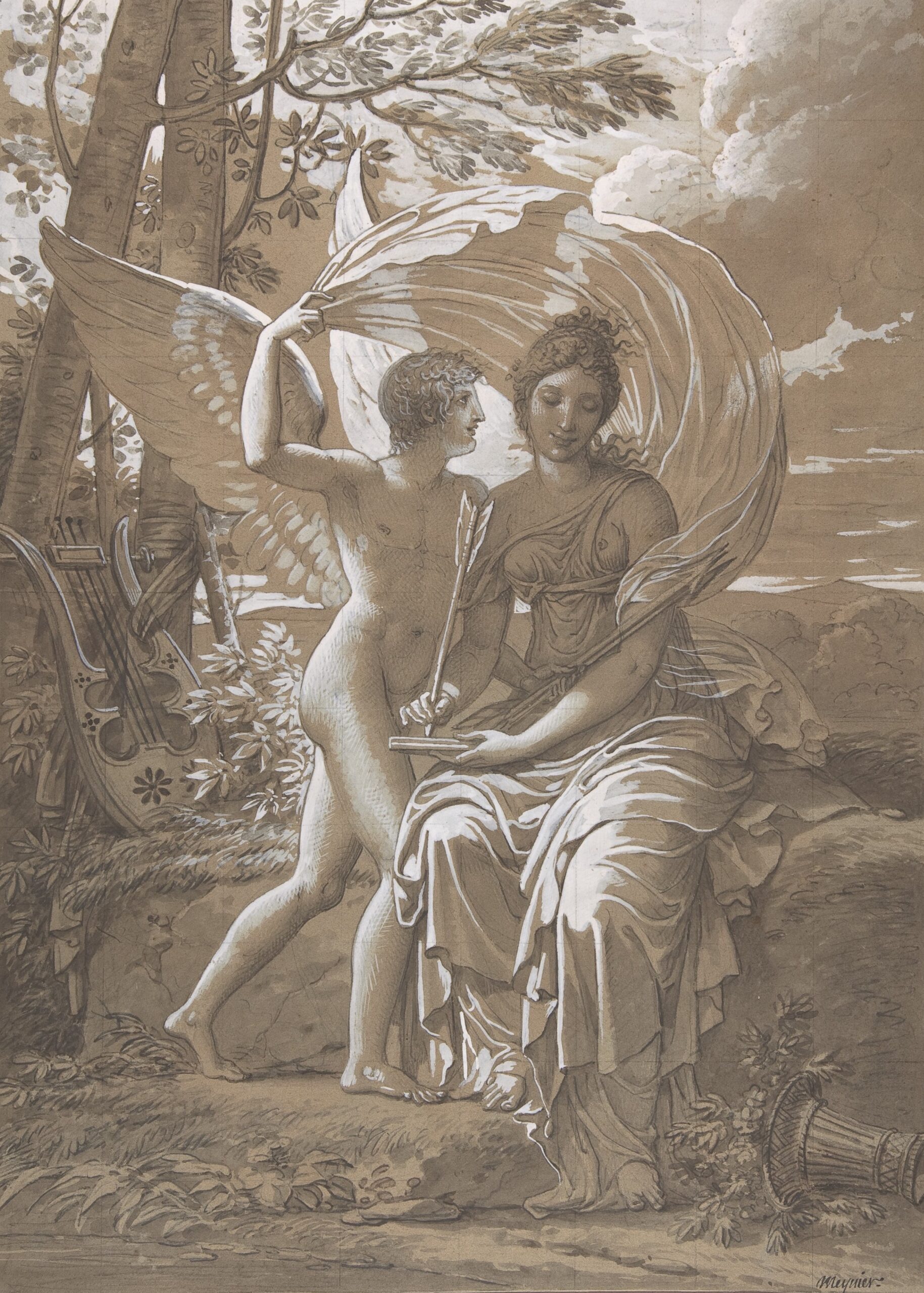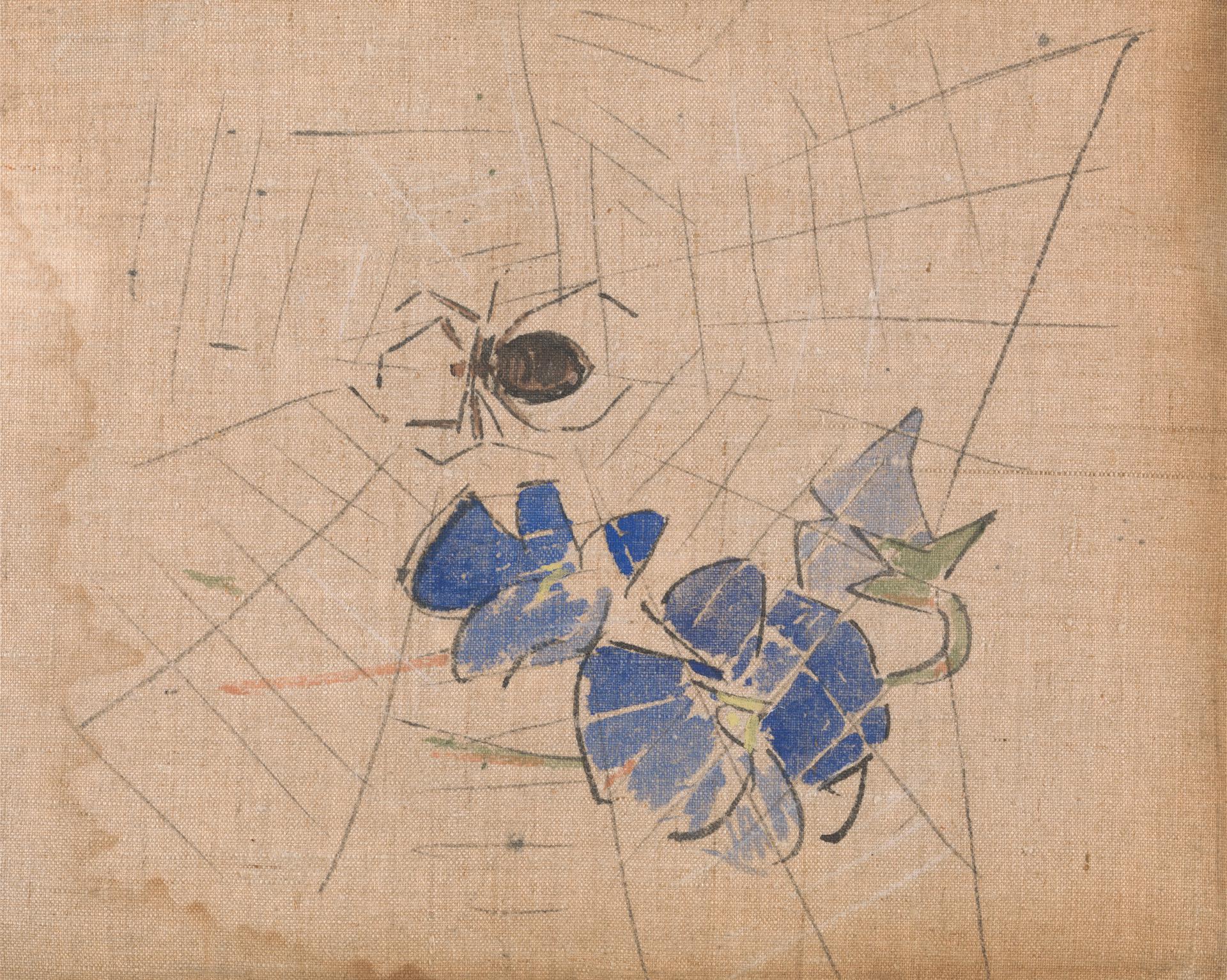1.
When I was 17, I registered my first copyright. Unofficially. My three dearest friends and I were ready to share the recordings our rock band had made, but had some reservations about uploading them to the social media sites which were just then being retooled for independent musicians to self-market. Naïve about the system — and hopelessly naïve about ourselves — we expected that, without precautions, rogue musicians could present our songs as their own and claim for themselves the glory we were due.
It turned out that we owned the copyright to our songs when we wrote them, but had to register that copyright in case of dispute. So I did what is called a Poor Man’s Copyright: I self-addressed an envelope, placed one of our CDs inside, mailed it and, when it came back to me, put it away, unopened, for safekeeping. This document proved that we had created what was sealed within before the postage date.
I still have that envelope stashed away, and under current US law, that copyright will likely endure well into the 22nd century. And yet, it is hard to say what “copyright” will mean by then. Intellectual property is a dynamic concept, legally and culturally, one that is always being reshaped on one hand by changing methods of creation and distribution, and on the other by markets scurrying to catch up. The abstract line between public and private ideas — the line that intellectual property tries to police — is the very same line the Internet blurs so well.
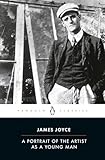
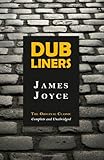 This January, copyright witnesses a simultaneous push and pull, a drive for greater stricture on one end, and a graceful unknotting on the other. While Congress resumes deliberations on the Stop Online Piracy Act (SOPA) — the latest legislation meant to address the rise of social media, streaming services, and file sharing — scholars in the UK and most of Europe are rejoicing the entry of James Joyce’s corpus into the public domain. Dubliners and A Portrait of the Artist as a Young Man have been in the American public domain for many years, but due to differing laws, certain editions of Ulysses and the entirety of Finnegans Wake remain protected for nearly another quarter century in the US. Hypothetically, under a SOPA regime, European websites publishing text of these newly public later masterpieces could find themselves dropped off of American search engines, or starved for funds if they rely on American companies like Google’s ad service and PayPal to generate revenue.
This January, copyright witnesses a simultaneous push and pull, a drive for greater stricture on one end, and a graceful unknotting on the other. While Congress resumes deliberations on the Stop Online Piracy Act (SOPA) — the latest legislation meant to address the rise of social media, streaming services, and file sharing — scholars in the UK and most of Europe are rejoicing the entry of James Joyce’s corpus into the public domain. Dubliners and A Portrait of the Artist as a Young Man have been in the American public domain for many years, but due to differing laws, certain editions of Ulysses and the entirety of Finnegans Wake remain protected for nearly another quarter century in the US. Hypothetically, under a SOPA regime, European websites publishing text of these newly public later masterpieces could find themselves dropped off of American search engines, or starved for funds if they rely on American companies like Google’s ad service and PayPal to generate revenue.
 The copyright status of Joyce’s work has been of particular interest to scholars and fans on both sides of the Atlantic, due mostly to the stubborn and sometimes egregious permissions policies set forth by Joyce’s sole heir and executor of his estate, his grandson, Stephen James Joyce. But this month, the Joyce copyrights enter a new twilight period made all the more striking by a history of differing national laws. In the 1970s, the US went from a publication-based copyright system to a European “biological” one, with a copyright term of the author’s life plus an additional 70 years in most cases. But the US Copyright Office set up certain benchmarks by which older works would be grandfathered in. Works published before 1923 would be in the public domain, while those published in the window between 1923 and 1978 would enjoy up to 95 years of copyright protection from the date of publication. And while the first edition of Ulysses dates back to 1922, the 1934 Random House edition (the first officially published in the US) enters the public domain in 2030; and Finnegans Wake in 2035.
The copyright status of Joyce’s work has been of particular interest to scholars and fans on both sides of the Atlantic, due mostly to the stubborn and sometimes egregious permissions policies set forth by Joyce’s sole heir and executor of his estate, his grandson, Stephen James Joyce. But this month, the Joyce copyrights enter a new twilight period made all the more striking by a history of differing national laws. In the 1970s, the US went from a publication-based copyright system to a European “biological” one, with a copyright term of the author’s life plus an additional 70 years in most cases. But the US Copyright Office set up certain benchmarks by which older works would be grandfathered in. Works published before 1923 would be in the public domain, while those published in the window between 1923 and 1978 would enjoy up to 95 years of copyright protection from the date of publication. And while the first edition of Ulysses dates back to 1922, the 1934 Random House edition (the first officially published in the US) enters the public domain in 2030; and Finnegans Wake in 2035.
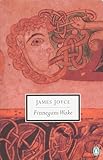 It is likely that the American copyright in the Wake will outlive Stephen James, an old man now without an heir of his own. And yet, despite the recent lapse of the copyrights in the EU, it is just as likely that Stephen James will fight to enforce that remaining American copyright to the very last. In 2006, D.T. Max profiled the heir for The New Yorker. In the brilliant piece, Stephen James revels in his antagonistic execution of the estate, believing he is complying with Joyce’s wishes: “I am not only protecting and preserving the purity of my grandfather’s work but also what remains of the much abused privacy of the Joyce family,” he once said. “Every artist’s born right is to have their work . . . reproduced as they want it to be reproduced.” For Stephen James, great works of literature (even those as dense as the Wake) are meant to be enjoyed singularly, without critiques, analyses, or guides. He has used his rights to the fullest in preserving his grandfather’s integrity and deterring the academy, which for too long, he believes, has piggybacked on Joyce’s genius. He once requested a $1.5 million permissions fee from a scholar hoping to make a multimedia version of Ulysses. When the scholar refused, Stephen James told him, “You should consider a new career as a garbage collector in New York City, because you’ll never quote a Joyce text again.”
It is likely that the American copyright in the Wake will outlive Stephen James, an old man now without an heir of his own. And yet, despite the recent lapse of the copyrights in the EU, it is just as likely that Stephen James will fight to enforce that remaining American copyright to the very last. In 2006, D.T. Max profiled the heir for The New Yorker. In the brilliant piece, Stephen James revels in his antagonistic execution of the estate, believing he is complying with Joyce’s wishes: “I am not only protecting and preserving the purity of my grandfather’s work but also what remains of the much abused privacy of the Joyce family,” he once said. “Every artist’s born right is to have their work . . . reproduced as they want it to be reproduced.” For Stephen James, great works of literature (even those as dense as the Wake) are meant to be enjoyed singularly, without critiques, analyses, or guides. He has used his rights to the fullest in preserving his grandfather’s integrity and deterring the academy, which for too long, he believes, has piggybacked on Joyce’s genius. He once requested a $1.5 million permissions fee from a scholar hoping to make a multimedia version of Ulysses. When the scholar refused, Stephen James told him, “You should consider a new career as a garbage collector in New York City, because you’ll never quote a Joyce text again.”
It is not easy to say what exactly Joyce would have wanted to happen to his work. He was at times an eager self-promoter, asking friends like Samuel Beckett and William Carlos Williams to write essays in support of the unfinished Wake and admitting to filling his books with enough puzzles to keep professors busy well into the 21st century. But he was also, throughout his life, strapped for cash, and spoke out for “Author’s Rights” when American publisher Samuel Roth began circulating unauthorized copies of Ulysses (the book was originally deemed obscene in the US; Joyce could claim no copyright in it, since it had been “stricken from the mails”). Indeed, with the Internet reshaping how we think of intellectual property, we might learn a lot from Joyce’s ambivalence, as his body of work begins its march into the public domain.
2.
In many ways, the attitude of Stephen James Joyce resembles that of the Stop Online Piracy Act, stodgy and clinging to old ways. Introduced last fall, SOPA would have expanded the arsenal of cease-and-desist tactics that the entertainment industry has been deploying ineffectively for the last 15 years, starting with the crackdowns on file-sharers. Copyright holders would have been able to create an embargo against websites allegedly violating their copyrights by compelling payment processors and ad networks to suspend their services, with very little recourse for contesting the accusation.
Congress was set to vote on SOPA before the end of month, but shelved the legislation last week following an internet-wide protest that included daylong blackouts of sites like Wikipedia, which opposes any restriction on the flow of information. Google and Facebook, also in protest, would have been asked by the attorney general to redirect users away from sites (particularly foreign sites) engaging in “piracy,” a policy that The New York Times, in a recent editorial, likened to China’s policing of the Internet. Besides, there is little reason to believe that outwitting the SOPA measures would not have become standard behavior for many Internet users, just as torrenting and streaming have.
So how is it that we are not finding more secure ways to remunerate artists and thinkers? This is after all the most benign reason for reinforcing intellectual property laws. It seems to me that since the veritable explosion of the Internet, and since the economic collapse of 2008, the dialect movement of culture and economics has been accelerated and re-codified, plunging people on both sides back into an age-old confusion about art and money.
In November, I attended a panel discussion on the “Creative Economy,” a concept elaborated over the last decade by such economists as John Howkins and Richard Florida, who argue that knowledge will become an increasingly important economic resource in the 21st century. At one point, a woman from a major media conglomerate spoke approvingly of the imminent crackdowns and lawsuits SOPA would have brought about. I was so irked when the rest of the panel agreed that, during the Q&A, I posed a troublemaking question:
The internet is an incredible force for creativity, allowing people to share work freely, outside time and space. And yet the rhetoric around this exchange is extremely negative, invoking piracy and theft. To what extent, then, is the creative economy just another name for the capitalist economy?
That last part, of course, was meant to inflame. But it didn’t. It was evident to one gentleman, a city official, that “creators” should be compensated: “How else are they supposed to make a living?”
The Internet is at once one of the greatest products and one of the greatest drivers of a creative economy, though probably not the one that the panelists had in mind. Given the activities that it enables, it promises to drastically change the way culture is produced and consumed.
Imitation is the sincerest form of flattery. Imitation is also how we learn, and how we align ourselves with the styles and ideas we find meaningful, and thus build community. Innovation for Joyce lay precisely in imitating the “open-source” texts available to him: his access to the public domain and his ability to play with the ideas and language he found therein allowed him — at the height of modernism when art was meant to be self-referential — to wink at the knowing reader with a spoof of Homer, Vico, or Shakespeare, and to change that same reader’s conception of all the great works that came before. The difference is, without web access, Joyce had to go to the library or bookseller for his material; and Joyce had to fund the publication of his books.
But the Internet also threatens to do away with those terms (production, consumption) and the commodification of culture entirely, and this is where it gets tricky. Proponents of SOPA need only point to the act’s subtitle to defend it: “To promote prosperity, creativity, entrepreneurship, and innovation by combating the theft of U.S. property, and for other purposes.” All the buzzwords of creative economics are there. And yet the concerns of Stephen James Joyce (propriety and privacy) are not.
3.
It feels like the “Creative Economy” encapsulates two opposing economies, creativity and consumerism, and copyright law is the locus where the conflict is most evident. And yet, this conflict is more than one between abstract entities: it’s a practical and emotional dilemma for any writer who has ever tried to make a career of his or her craft. Even Joyce, who borrowed famously, claimed his work as his own, and expected due compensation.
The conflict between the openness of the creative process and the restraint of good business acumen is one embodied by Shem the Penman and Shaun the Post, the sons of HCE and ALP in Finnegans Wake. In the “Shem the Penman” chapter, Shaun scolds his brother for squandering all of his good stories in the pub:
Comport yourself, your inconsistency! Where is that little alimony nestegg against our predictable rainy day? Is it not the fact […] that, while whistlewhirling your crazy elegies around Templetombmount joynstone, […] you squandered among underlings the overload of your extravagance and made a hottentot of deulpeners crawsick with your crumbs? Am I not right? Yes? Yes? Yes? Holy wax and holifer! Don’t tell me, Leon of the fold, that you are not a loanshark.
According to Shaun, Shem will inevitably go broke because he was too much in love with telling stories, gave them out for free, has made people almost sick of hearing them. And yet Shaun senses that Shem is not naïve. He may in fact be something of a loan shark, and by giving easily up front, Shem can demand more later, when selling his book to the very people who have long enjoyed his yarns.
Joyce was commenting on a very real and persistent phenomenon, one that even my friends and I in high school had some inkling of when we thought it wise to “register” our songs: it is necessary to self-promote up until the point where one is entitled to charge admission to one’s work. The Internet illuminates this threshold between ruthless self-promotion and entitlement, while greatly enabling the former and destabilizing the latter.
None of us today will ever live to see our creative work become public domain, but Joyce lived in a time when his books were not guaranteed legal protection. In a speech he gave to the International PEN Conference in Paris, summer of 1937, Joyce reflected on the Ulysses piracy debacle and the successful international protest he organized against Samuel Roth:
It is, I believe, possible to reach a judicial conclusion from this judgment to the effect that, while unprotected by the written law of copyright and even if it is banned, a work belongs to its author by virtue of a natural right and that thus the law can protect an author against the mutilation and the publication of his work just as he is protected against the misuse that can be made of his name.
Joyce had a sense of propriety when it came to literature, that even if writers could not make their work lucrative, their visions should be respected. It’s true this did not always extend to the texts he spoofed and lifted from. And yet, author’s rights are an idea on which many of us would think favorably. This should by no means be interpreted as a mandate for his grandson’s obstructionist policies, nor for greater policing of the Internet. Rather, we are going to need a completely new online framework for supporting creators, and to get there, we might have to move beyond a tired notion of “copyright” and towards “author’s rights.”
Image Credit: Flickr/Horia Varlan
